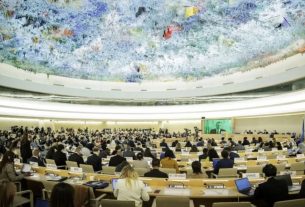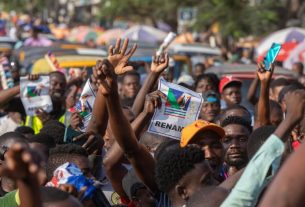In a controversial move, the Trump administration abruptly halted funding to organizations providing legal assistance to unaccompanied migrant children facing deportation. According to an email from the Department of the Interior obtained by ABC News, federal grants supporting legal aid for these vulnerable minors were terminated, and organizations were instructed to cease all related activities. The “stop-work order” was imposed with no clear timeline for resumption.
This policy shift has serious implications for the already dire situation facing unaccompanied minors, many of whom are at risk of being forced to return to unsafe environments. Legal representation is often the deciding factor in whether these children can remain in the United States or are deported. However, the administration’s decision means that thousands of migrant children now have even less access to crucial support, adding to an ongoing crisis in immigration courts.
According to a 2023 report from the Department of Justice, less than 60% of unaccompanied minors in immigration courts had access to legal counsel. Without representation, these children are left to navigate complex legal proceedings on their own, often with little understanding of their rights or the consequences of deportation.
The move has drawn widespread criticism from human rights groups, legal experts, and advocates, who argue that it undermines the principle of due process. “Unaccompanied minors should not be forced to represent themselves in legal proceedings,” said one advocate, emphasizing that children in such situations face immense challenges.
The long-term consequences of this policy change remain to be seen, but it adds to the growing debate over the treatment of migrant children in the U.S. and the role of legal aid in ensuring fairness in immigration proceedings.



